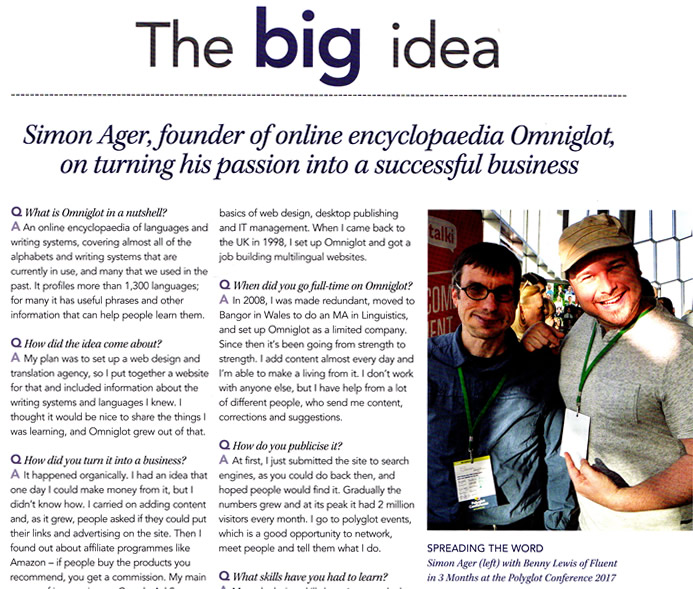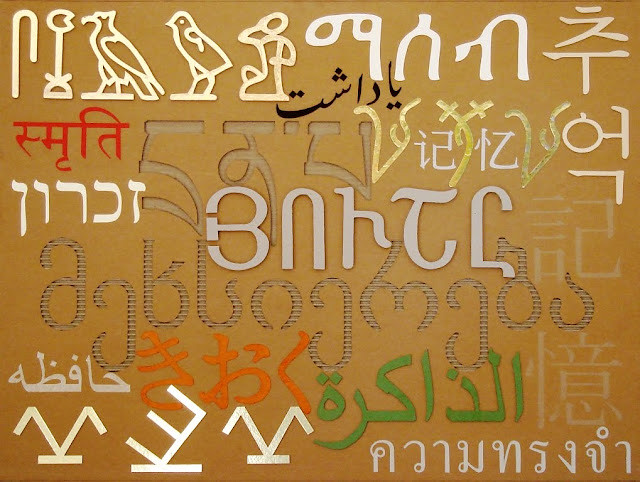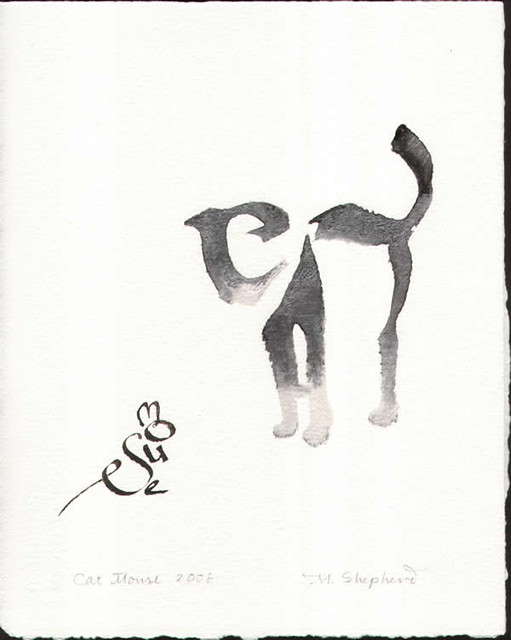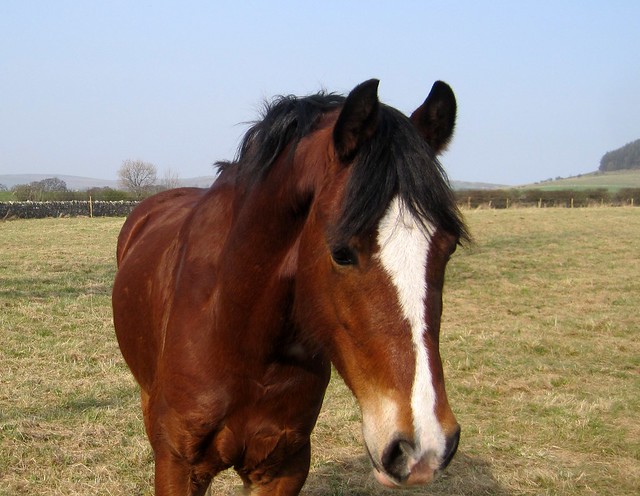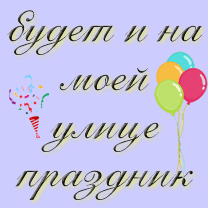
An interesting idiom that came up in my Russian lessons this week is будет и на моей улице праздник (budet i na moey ulitse prazdnik), which is translated as “it’s always darkest just before the dawn”, and means literally “There will be a festival / celebration even on my street”.
The origins of this idiom are apparently related to the fact that many streets in Russia used to have their own churches, and they would hold celebrations in the street for the local saint. So no matter how bad things might get or seem, you could look forward to such fesitivities [source].
Some examples of how this Russian idiom is used:
- Ну ничего, будет и на моей улице праздник
Well I would see the feast at an end - Будет и на моей улице праздник
I’ll have my day in the sun - Будет и на моей улице праздник
The question is, will you? - Ничего, будет и на моей улице праздник!
One of these days
Source: Reverso
The English version means “there is hope, even in the worst of circumstances”, and first appeared in writing in 1650 as “It is always darkest just before the Day dawneth”, in A Pisgah-Sight Of Palestine And The Confines Thereof, a book by the English theologian and historian Thomas Fuller. It is not known if Fuller coined it, or if he was recording a piece of folk wisdom.
In 1859 Samuel Lover wrote in his book Songs and Ballads that this idiom was popular among the Irish peasantry, who said “Remember that the darkest hour of all. is the hour before day” [source]
Are there equivalents of this idiom in other languages?

